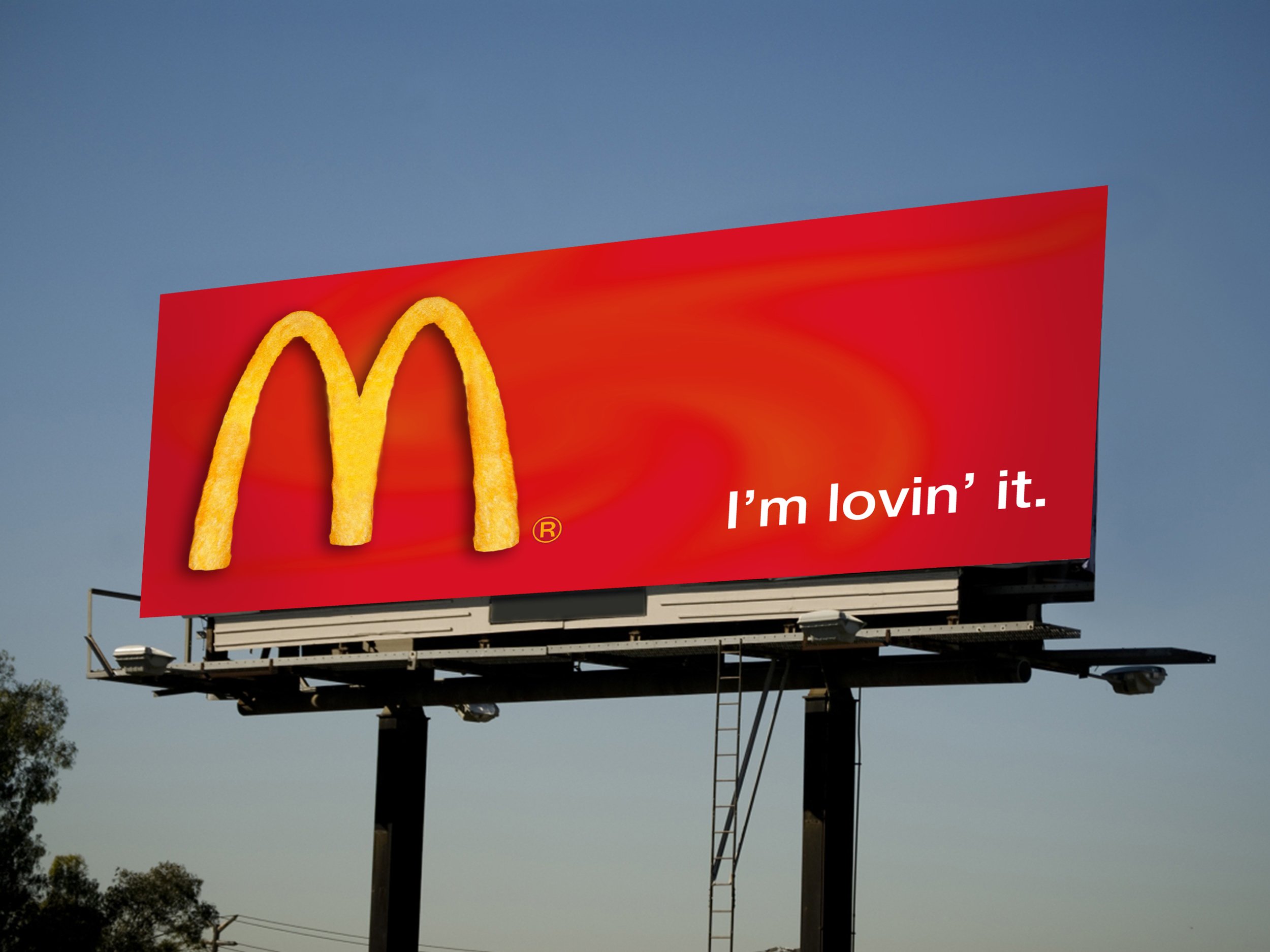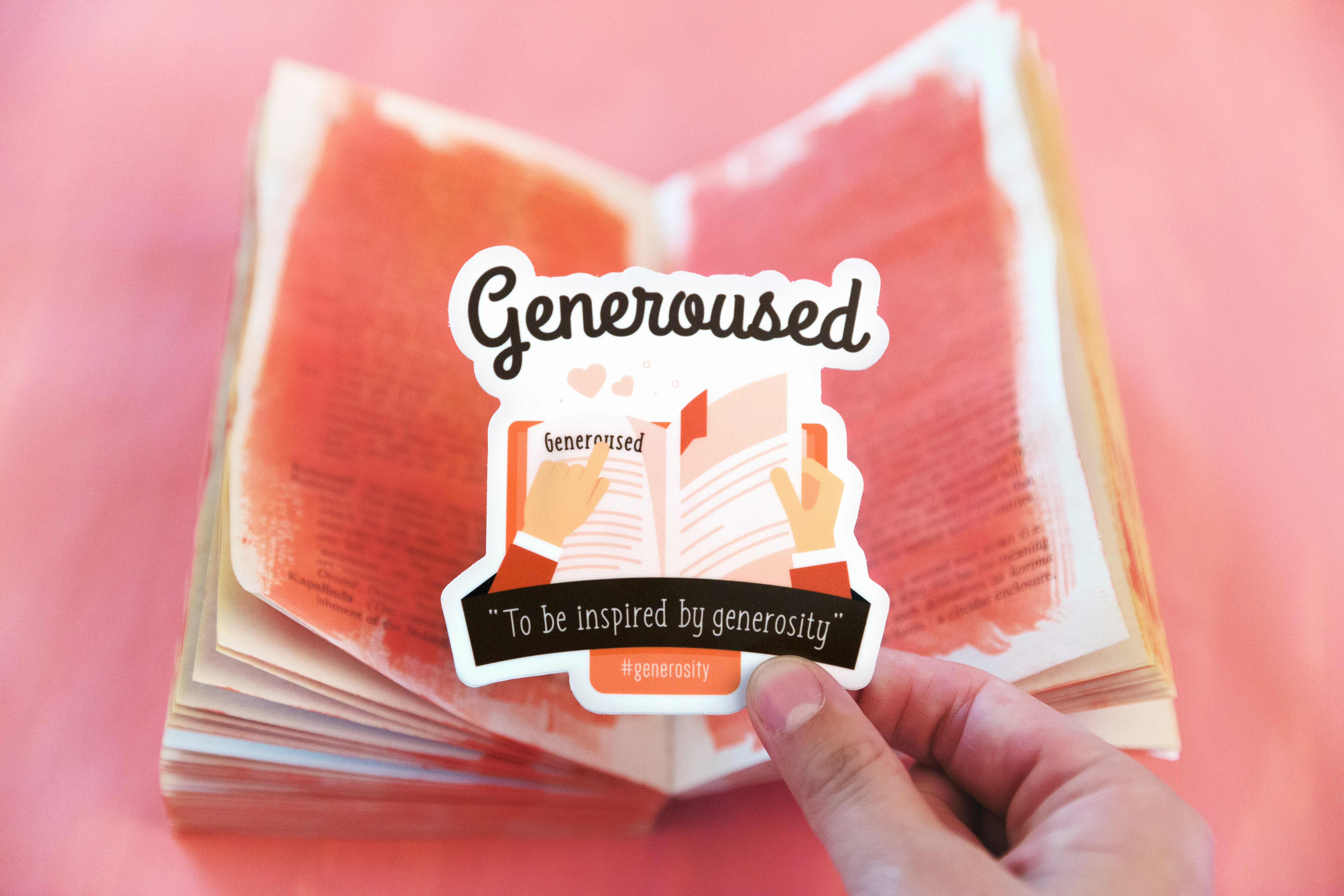
What Is A Brand Message? - And Why It's Crucial To Your Business
20 July 2022 · 7 min read

Chelcie Plowright
Managing Director & Brand Strategist
What Is A Brand Message? - And Why It's Crucial To Your Business
20 July 2022 · 7 min read
If you've found yourself wondering "What is a brand message?", you've come to the right place. Learn about brand messaging and why it's crucial for today's modern businesses.
When spending their hard-earned money, today's consumers are more selective and reluctant than ever.
This is partly because they have many choices regarding brands and businesses they want to buy from.
After all, why should anyone purchase products or services from a business they don't fully trust?
Especially when there are dozens, if not hundreds, of other similar businesses lined up and ready to provide the trust and value that modern consumers desire.
Branding and messaging have become more critical than ever in consumer history.
And your brand messaging, positioning statement, brand voice, and all other aspects of your branding need to be on par with consumer expectations, or else you can create confusion and doubt.
Below, we explore everything there is to know about brand messaging. And on that note, let's start by answering our central question: What is a brand message?

Get clear on your key headlines, your core messages and what your brand is all about.
What Is A Brand Message?
Let me ask you this: What is your business trying to say? If you can answer this, you already have a decent grasp of your brand messaging.
A brand's message is simply how a business communicates its brand voice, brand personality, and unique value proposition to the world.
This is done through both its internal and external messaging.
In other words, brand messaging is how your business wants to inspire, motivate, and entice potential customers into buying your products or services.
You can also think of your brand messaging as the foundation of the relationships you want to build with your current and prospective customers.
The Importance Of Brand Messaging - Why Your Business Needs A Brand Messaging Strategy
No matter what type of products or services you sell, your brand needs a voice! Without a brand voice, consumers see business as boring, obscure, and incomprehensible. After all, they have no way of knowing what a voiceless company is trying to offer them.
On the other hand, brands that leverage their voice seem more down-to-earth, engaging, and relatable, making it more likely that consumers will want to do business with them.
Your brand messaging is how your business voices its personality and value to its customers.
Effective businesses use their brand messaging to articulate the company's values, brand promise, mission statement, vision, and so much more in a positive, relatable, and relevant way to their customers.
In other words, the right brand message will work to stimulate a need and desire for your business' products or services.
How To Create A Brand Message And Refine Your Brand Messaging
By now, you should understand the meaning and importance of your brand messaging.
So, let's take a deeper look at how your business can identify and refine its messaging to ensure it will be as relevant as possible in today's consumer landscape.
Know Your Target Audience
Every business has a distinct type of customer that they want to address. Whether your target audience is other businesses or consumers, knowing your target audience is one of the first steps in identifying and refining your brand message. By knowing who you're trying to connect with, you'll have a much better idea of what your brand messaging needs to be saying. Knowing your audience ensures you'll be on the right track to building a successful brand messaging strategy.

What Is Your Unique Value Proposition Or UVP?
You'll also hear of a UVP referred to as a Unique Selling Proposition or USP. Either way, a UVP or USP refer to the same thing.
It's a clear, concise statement that describes the specific benefits of what your business has to offer.
A good UVP should clearly explain how your products or services will solve your customers' problems and fulfill their needs. It should also help set your business apart from the competition.
At the same time, knowing and understanding your business's UVP is crucial in creating an effective brand messaging.
Understand Your Brand Personality
Once you know your audience and have identified your unique value proposition, you should already have a much firmer grasp of your brand messaging. However, there's one final ingredient you'll need to source: your brand personality.
Essentially, your brand personality is the human traits or characteristics you want people to consider when dealing with your business. Your brand personality should always seek to elicit a positive emotional response from your target audience.
In other words, you might consider choosing a funny, heartfelt, or witty brand personality for your business.
Essentially, leveraging the right brand personality will ensure that your business and brand messaging are as relevant as possible to your target audience--the people you're seeking to build meaningful connections with.
Finally, once you've collected these three main ingredients, your business should have enough information to identify and refine the best brand message possible.
Examples Of Effective Brand Messages
One of the best ways to understand brand messaging is by looking at the biggest and most popular brands in today's business landscape to see what they're doing to remain relevant with modern consumers.
Nike's Just Do It
As a sports apparel company, Nike seeks to empower their customers to be active and, as its slogan suggests, to "just do it."
When you think about it, this brand message is genius since it conveys to consumers that people who wear their products can do the things they put their minds to.
In turn, this elicits an inspiring and motivational response in the consumer.
Red Bull Gives You Wings
Similar to Nike, Red Bull is a company that seeks to empower its customers to perform at the best of their abilities.
Therefore, their slogan, "Red Bull gives you wings," elicits an emotional response that makes you feel as if you can do anything you want when you drink their energy drinks.

McDonald's I'm Loving It
You can say what you want about fast food, but McDonald's has done a terrific job with its brand messaging and slogan.
More than simply eliciting the idea that you'll like their products or that they'll help you perform better, McDonald's messaging suggests that you'll LOVE what they offer.
Frequently Asked Questions - Brand Messaging FAQ
Let's review a few of the most commonly asked questions we hear from our customers surrounding brand messaging.
What is a brand messaging framework?
Your brand messaging framework is the strategy your business will use to leverage its messaging and connect with its target audience. By building a brand messaging framework, you'll empower your business to provide a clear, concise, and consistent message throughout your brand efforts.
How do you deliver a compelling brand message?
Once they've identified and refined the message they are trying to convey, companies should seek to display their messaging in virtually everything they do, ranging from the text and descriptions on their website to the slogans, designs, and logos they have on their product labels.
Why is brand messaging important for modern businesses?
Brand messaging is essential because it helps modern businesses build meaningful connections with their customers. When you combine good brand messaging with an effective brand strategy, companies can seamlessly attract the correct type of customers to their brand.
What are the essential elements of a brand communication strategy?
An effective brand communication strategy should incorporate a range of elements relating to the business, which includes brand voice, vision statement, mission statement, brand story, brand personality, customer pain points, and more.
Building The Most Effective Brand Messaging Framework For Your Business
While brand messaging is relatively easy to grasp, building an effective brand messaging strategy is often easier said than done.
Creative Resort is your go-to creative agency based out of Sydney, Australia. Our team is here to help your business find the right voice and convey the best message that will build more meaningful connections with your audience.
Contact our creative Sydney designers today to learn more about brand messaging or for help building the most effective brand messaging strategy for your business.
About the author
Connect with Chelcie PlowrightMore articles about Branding

Seven Australian Brands Nailing Their Brand Messaging
25 September 2024
Read Article
Brand Promise, USP, Elevator Pitch, Brand Story, Brand Personality – What’s the Difference?
25 September 2024
Read Article
Newsletter
Sign up for latest news & updates